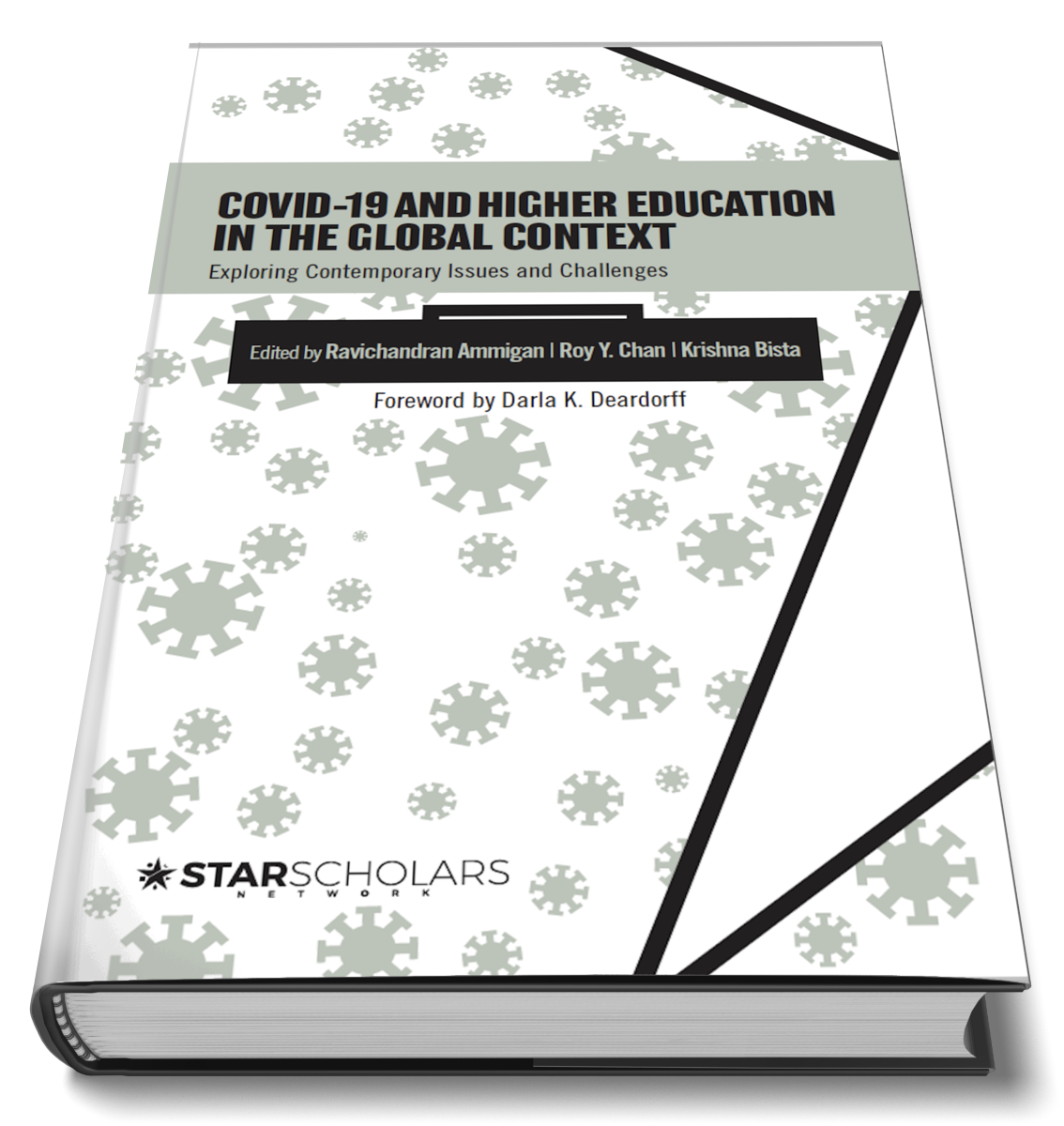The Vulnerability and Opportunity of Privatization in Higher Education during a Pandemic
Abstract
The COVID-19 pandemic has raised fear for an impending global economic recession that would further accelerate the privatization tendencies in public higher education in the United States. During the 2008–2009 financial crisis, university leaders pursued self-sustaining academic programs as an alternative funding model in response to the state funding austerity. Such programs have grown dramatically at the master’s level. Many scholars questioned the appropriateness of these programs with the public missions of universities. This multi-site comparative case study reveals that self-sustaining master’s programs do not meaningfully contribute to student diversity, despite the highlight of diversity in home institutions’ mission statements. Recommendations for public universities to be more attentive to diversity and inclusion according to most universities’ missions are made at the end of the chapter.
How to cite this chapter:
Bai, Z. (2022). The vulnerability and opportunity of privatization in higher education during a pandemic. In R. Ammigan, R. Y. Chan, & K. Bista, (eds), COVID-19 and higher education in the global context: Exploring contemporary issues and challenges (pp. 123-135). STAR Scholars. https://starscholars.org/product/covid-19-and-higed/

